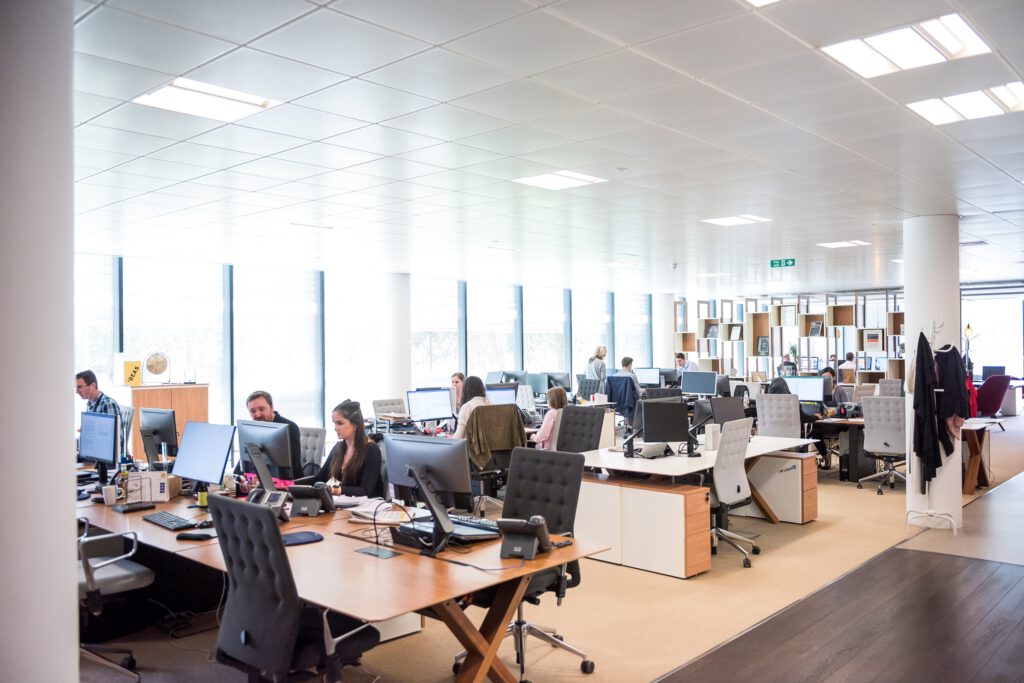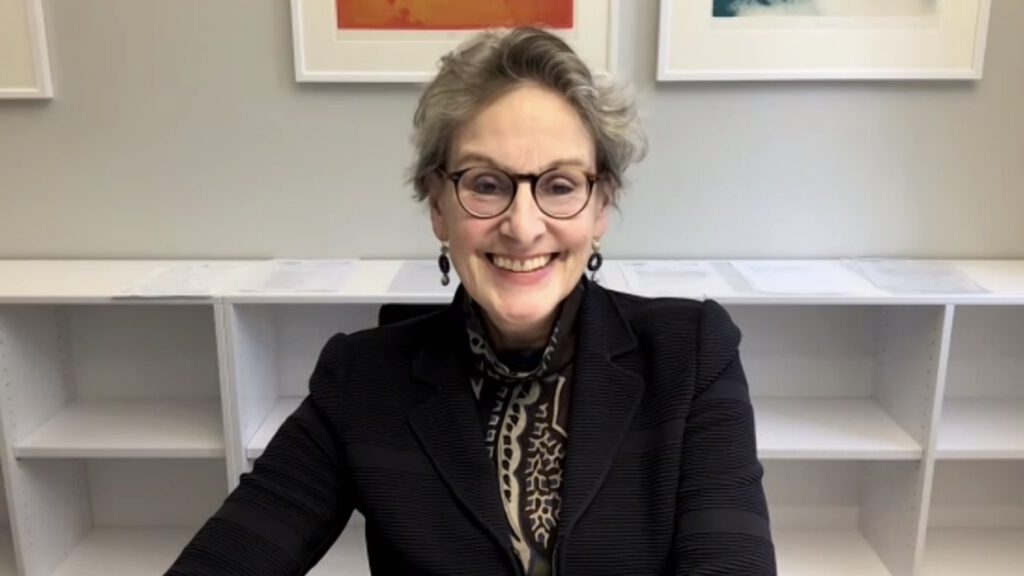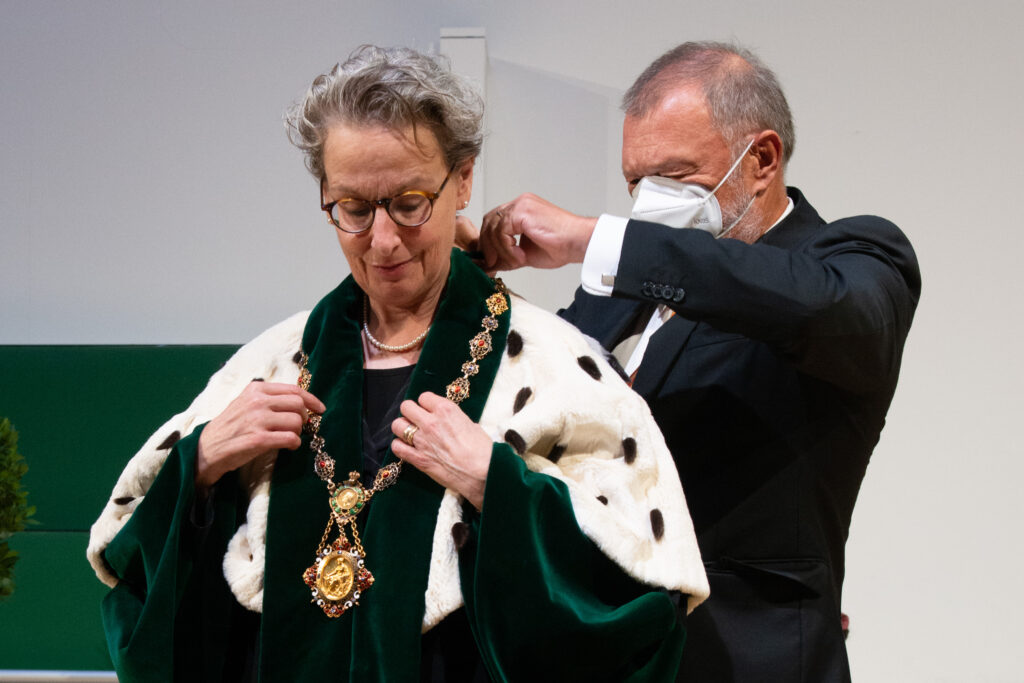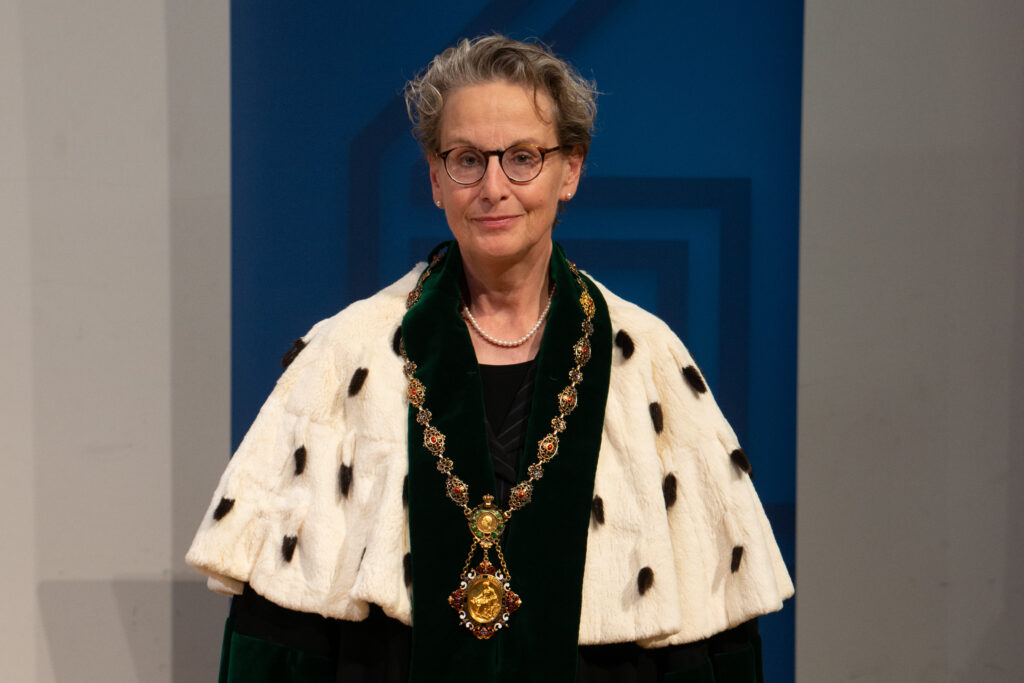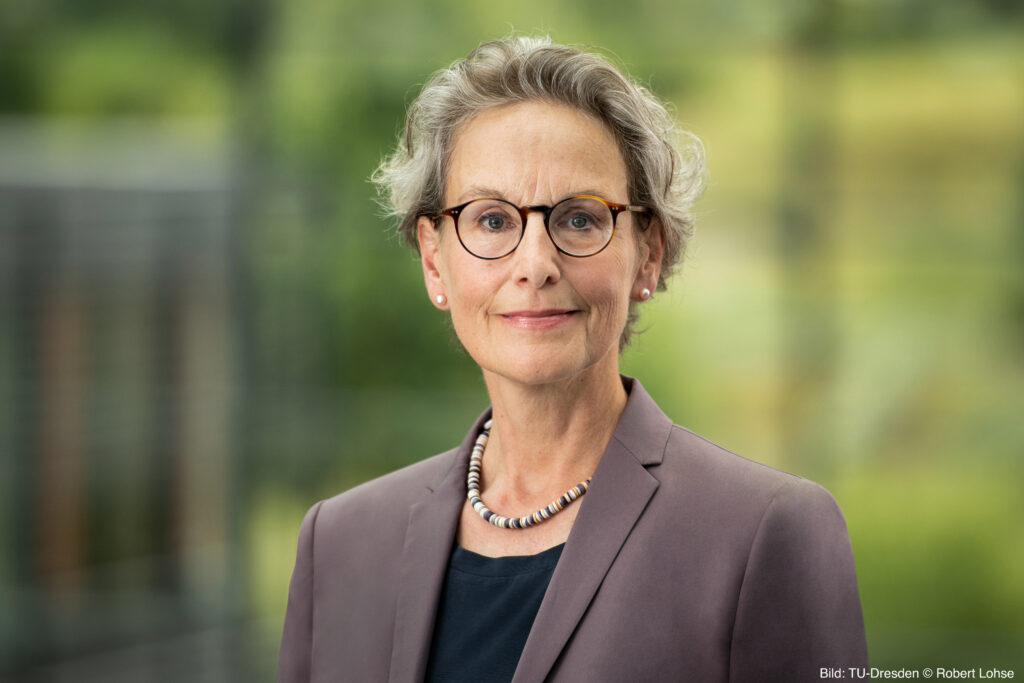Germany is a highly innovative country. But when it comes to digitization or start-ups in research and knowledge-intensive areas, there is a need for action. At the results conference of the Hightech-Forum 2021 recommendations for an innovation strategy were presented to Federal Research Minister Anja Karliczek.
Opinion leaders from science, business and society presented ideas and suggestions for a future innovation strategy of the federal government. They also discussed several key topics, including 1. resilience, sovereignty and openness, 2. strengthening innovative forces in society and 3. local initiatives and co-creation. Together with Dr. Tina Ruseva, Founder and Managing Director of Mentessa, Adriana Groh, Director of the Prototype Fund, and Johannes Oswald, Managing Director of Oswald Elektromotoren, Ursula M. Staudinger took part in the online panel discussion about strengthening innovative forces.
Solutions to global challenges
Using a few examples from the TU Dresden, which views itself as a globally oriented and regionally anchored top university for the 21st century, Staudinger explained how universities can strengthen the German innovation system. “Thanks to excellent and broad-based interdisciplinarity at eye level, we can help develop solutions for the very complex problems of our time,” she said. She mentioned global challenges such as the climate crisis, digital transformation and sovereignty as well as demographic change.
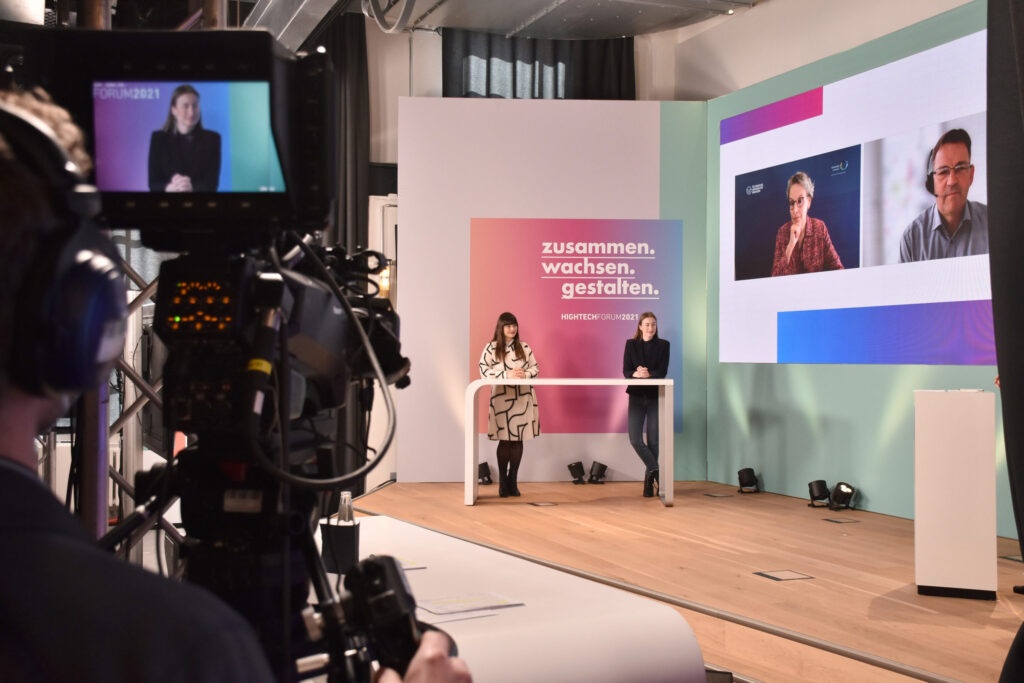
According to Staudinger, a pioneering innovation exchange is already taking place between the university and numerous companies. There are around 20 spin-offs per year, 15 other companies use the university’s patents every year to launch new products and services, and around 2,000 companies are involved in various TUD research projects. “We’re not just doing spin-offs, but also spin-ons,” reported Staudinger.
In addition, it is crucial to promote the first critical and risky phase of start-ups in a more targeted manner. In order to bring innovative research results even better into business implementation, the TU Dresden will therefore set up its own investment fund.
Lifelong studying
“It is very important for us to closely link technical innovation with social innovation,” Staudinger continued. It is about finding new forms of work organization and personnel development in order to enable and promote innovations – with and for people.
Another aspect of social innovation is lifelong studying. “We live in a society of longer lives,” emphasized Staudinger. “It is now up to us to use the years gained in their productive and innovative strength.” After an initial educational phase at the beginning of life, it must also be possible later to return to the university again or to go there for the first time. New content and new learning formats are needed at universities so that people, for example in their 40s or 50s, can still change their professional orientation.
The “Best of” video of the results conference:

